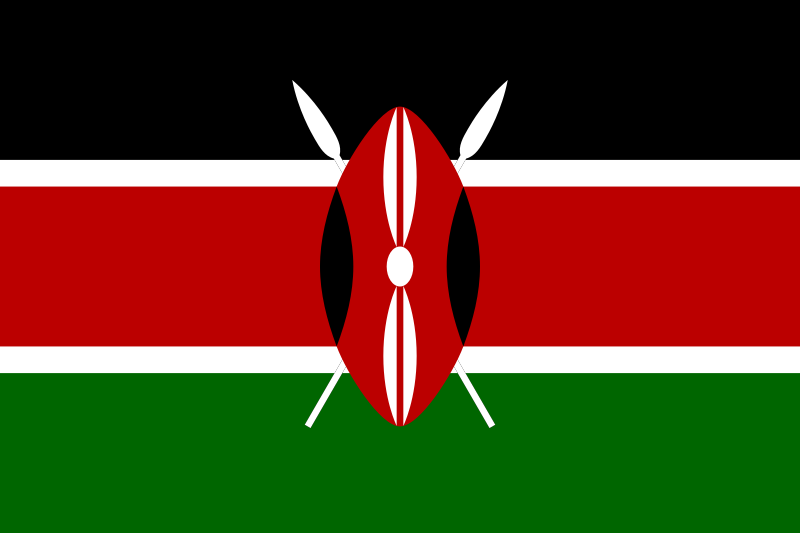How To Import Goods From Kenya To Nigeria.
How To Import Goods From Kenya To Nigeria.
The best way to get your goods from Kenya to Nigeria is using the services of a freight forwarder. This is because the freight forwarder will make all the necessary arrangements for you with the relevant authorities in Kenya and Nigeria. The contract between you and the freight forwarder should clearly be outlined, so there are no hidden charges or fees on either side.
When you first begin your journey, it can seem overwhelming and even intimidating as to how this process is going to work. However, with a little bit of patience and research, you’ll soon find that it’s actually quite simple. Below are some important tips that will help you out during this process:.
How to import goods from Kenya to Nigeria
Firstly, you’ll need to find a freight forwarder that has experience in the field. Ask around and find out which company is reputable and will provide the best service for your needs.
Secondly, you’ll need to get in touch with the relevant authorities in Kenya and Nigeria so they can arrange transport for your goods onto the ship/plane or train. You’ll then need to contact your local customs office as well as any other relevant government departments such as the police force, airport authorities or port authorities.
Thirdly, after all these processes have been completed, you may need to make a payment for fees or dues that are associated with importing goods into Nigeria. Fulfilling this important step will ensure that your goods reach their destination safely and on time!
Fourthly, once you have paid for your goods and have been granted permission from either Kenyan or Nigerian officials, it’s time to start preparing for shipping! You’ll first want to make sure you have all of the necessary documentation such as certificates of origin, invoices and packing lists together with your other supporting documents (if applicable) before making an official export declaration to customs at the port of entry into Nigeria. This is a crucial step
Where to find the best freight forwarders
If you’re looking for a freight forwarder, it’s important to do some research. There are three main ways in which you can find the best freight forwarders:
1) Ask friends and family with whom you have a good relationship
2) Search for companies on the internet by using their name
3) Meet with them in person at trade shows or conferences
When you’re meeting with your freight forwarder, make sure that they’ve got all of the necessary paperwork and paperwork is always vital when doing any kind of international shipping. Make sure they have identification such as a business card to prove who they are. Also, make sure that they can provide references from previous customers so that you know what type of service they provided.
The process of importing goods from Kenya to Nigeria
can be explained in three steps
1. The first step is to contact a freight forwarder. You can find a freight forwarder in your own local area or you can search online for companies that offer their services worldwide.
2. Once you have selected your freight forwarder, they will send you an initial consultation letter outlining the details of their services and what they can do for you. Take this letter into consideration before signing any contract with them as it will give you a clear understanding about what your obligations are to the company.
3. After reading over the terms and conditions of the agreement, sign it by filling out all of your necessary information, date and sign it in front of a notary public or at an embassy if applicable .
Important tips on dealing with Kenyan authorities and Nigerian customs officials.
Make sure that you have all the necessary documents to deal with Kenyan authorities and Nigerian customs officials. These include your passport, a letter of introduction for the freight forwarder, any contracts between yourself and the freight forwarder, and finally a copy of your invoice from the supplier in Kenya.
If you are traveling with goods that cannot be brought into Nigeria without an import permit, make sure that these goods are packaged well so that they can be inspected by Nigerian customs officials.
Most importantly, be patient and know that this process is not too complicated to handle on your own. The expertise of a professional freight forwarder will help you significantly during this process.








LEAVE A COMMENT
You must be logged in to post a comment.